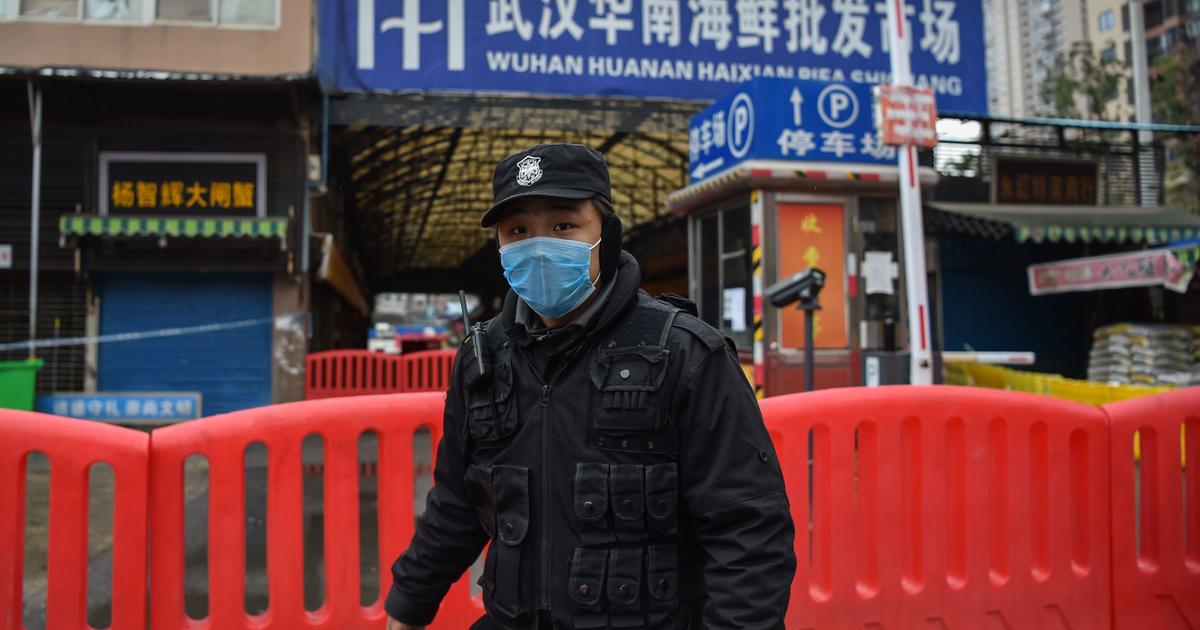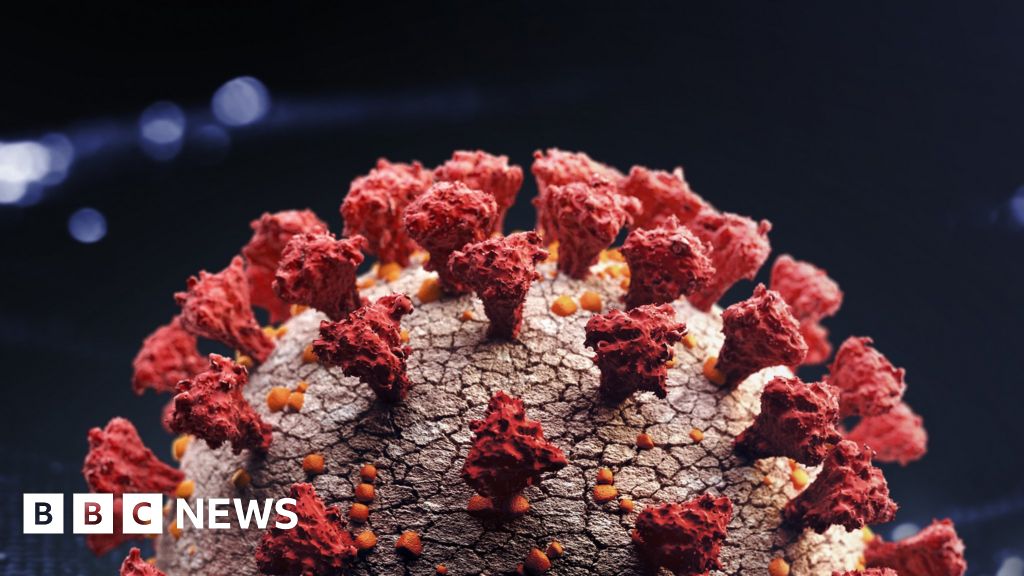SuperMatt
Site Master
- Joined
- Aug 11, 2020
- Posts
- 7,862
- Solutions
- 1
More cold water dumped on the “lab leak” hypothesis for COVID-19’s origin.

 www.cbsnews.com
www.cbsnews.com
This was from a scientist that had previously thought it might be a lab leak. Because he’s an actual scientist, he collected and analyzed more data and came to a different conclusion.
Why did people think it might have been a lab leak? Because the “first” case was believed to be Dec 8, but they later found out that person wasn’t infected until the 16th.
All evidence so far is pointing to a naturally-occurring virus first infecting humans on Dec 11 at a Wuhan fish market.

U.S. scientist says he's found the real COVID patient zero, and "strong evidence" pandemic started at animal market
Virologist Michael Worobey was among those who pushed for consideration of a lab leak, but he says further analysis makes that origin theory "very difficult to explain."
This was from a scientist that had previously thought it might be a lab leak. Because he’s an actual scientist, he collected and analyzed more data and came to a different conclusion.
"In this city of 11 million people, half of the early cases are linked to a place that's the size of a soccer field," Worobey told the New York Times. "It becomes very difficult to explain that pattern if the outbreak didn't start at the market."
Why did people think it might have been a lab leak? Because the “first” case was believed to be Dec 8, but they later found out that person wasn’t infected until the 16th.
Another criticism of the theory was based on the fact that the first case identified was unrelated to the market.
But while the WHO report claimed the man originally identified as patient zero had been ill from December 8, he actually was not sick until December 16, according to Worobey.
That deduction was based on a video interview he found, from a case described in a scientific article and from a hospital medical record that matched the 41-year-old man.
That would mean the first reported case would be the woman who worked in the market, who fell ill on December 11.
Peter Daszak, a disease expert who was on the WHO investigation team, said he was convinced by Worobey's analysis.
"That December 8 date was a mistake," he told the Times.
All evidence so far is pointing to a naturally-occurring virus first infecting humans on Dec 11 at a Wuhan fish market.



